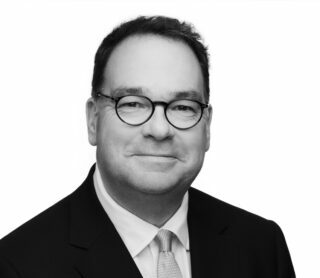
Find Barrister by Expertise:
- View All
- Personal Injury
- Travel & International Law
- Civil Fraud
- Employment
- Crime & Criminal Fraud
- Health & Safety
- Clinical Negligence
- Regulatory & Disciplinary
- Property Damage
- Inquests
- General Common Law
- Industrial Disease
- Insurance
- Sports Law
- Credit Hire
- Professional Negligence
- Public Inquiries
- Public Law
- Trusts & Probate
- Costs
- Mediation & Arbitration
- Commercial
- Public Access
- Education

The costs decision in Morrow v Shrewsbury Rugby Union Football Club [2020] EWHC 999 (QB) was recently handed down and is a helpful reminder of the discretion of the court in costs matters. The Claimant was successful in the PI action but was held to have exaggerated the claim, but not sufficiently for fundamental dishonesty to be in play. The pleaded claim was in excess of £1 million (including loss of earnings as a financial advisor), the Claimant put forward a Part 36 offer in the sum of £800,000, the Defendant in the sum of £110,000. The eventual damages were £285,658. Costs were disputed after trial, the Defendant seeking to reduce the sum claimed by one third.
Mrs Justice Farbey, who heard both the liability trial and the costs trial, said the exaggeration “prolonged the trial and prolonged the cross-examination of multiple witnesses … [and] is indicative of how the claimant’s conduct caused unnecessary costs”. She was mindful of the tension that exists between the general rule that costs follow the event, and provisions in CPR 44 that allow for examination of the conduct of the parties, the element of success of a party, and offers made. In this last respect she also stated that the primary protection for defendants against paying costs in exaggerated claims was CPR Part 36.
Having noted that the eventual damages awarded were much closer to the Defendant’s offer, and finding that the Claimant’s conduct was the cause of unnecessary expense, the question remained as to how much deduction to make (no actual sums having yet been advanced). In making a 15% reduction, the Judge held that in a 7-day trial with numerous witnesses, the overall costs were bound to be high enough to make such a reduction meaningful.
The judgment is available to read here: www.bailii.org/ew/cases/EWHC/QB/2020/999.html
The Author
Peter Savory has a busy court and paperwork practise at Farrar’s Building having recently moved to the Bar after a career in commercial music. As well as the core areas of Farrar’s expertise, he has a particular interest in costs matters.